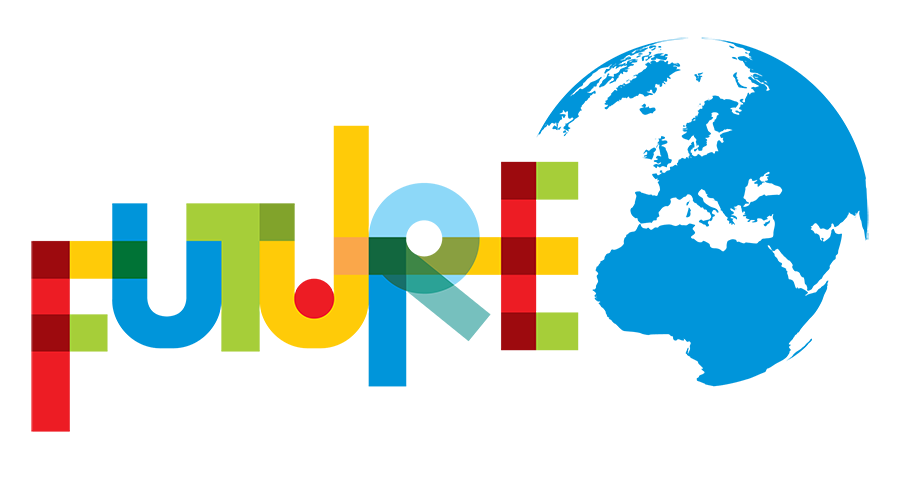Department of Qualifications, Curriculum & Assessments (DQCA) aspires to provide excellent services in terms of academics and in helping the child learn in an innovative way where he/she can achieve excellence in all aspects of life. Department of QCA is structured to provide standard and quality 21st Century learning thus promoting knowledge, skills and values. Our Moto is transforming schools into Learning Communities and DQCA is committed to ensure that our student are provided excellent education by engaging them in active learning which enhances their creativity and critical thinking skills. Our aim is to develop our students as the leaders of tomorrow who will make difference in all sectors of life. DQCA is a department with following attributes:
- ‘Q’ Qualifications: is ensured by a qualitative and quantitative mechanism for quality assurance through benchmarking, research, innovation, feedback and international best practices across all areas of teaching, academic enrichment, technology enablement, monitoring, reading, communications, ICT, writing skills, arts, values, traits, worksheets, study, student resources’, monitoring, teaching aids, lesson plans and time tables across all tiers of the education.
- ‘C’ Curriculum: is ensured by a continuous phased curriculum enrichment plan through curriculum development, research, reforms, national requirements, capacity and booklists and growing expectations by global environment and competition to support a student centered learning based curriculum than a teaching centered curriculum.
- ‘A’ Assessments: The objective of assessments is to reform, improve, redesign and develop the centralized assessment framework with focus on logical, practical and international approach that encompasses each and every aspect of child development and progression from progress cards to mid-term parent teacher conferences.
Future World Schools Curriculum builds the foundations for wellbeing and equips students with the knowledge, skills, attitudes and strategies to understand and manage themselves and their relationships. It explicitly teaches personal and social capabilities by implementing the curriculum as specified in the Future World Schools curriculum, assessment and reporting framework:
Embedding personal and social capabilities in self-awareness
- Self-management
- Social awareness
- Social management.
- Building the foundations for wellbeing and lifelong learning.
- Enacting a pedagogical framework that reflects the Pedagogical framework expectations and principles.
FWS Pedagogy enhances wellbeing, by building positive relationships between teachers and students. It is responsive to the individual needs of students, to which teachers cater to by demonstrating respect for their students as individuals. Students are provided opportunities to;
- Build on their strengths
- Use their preferred learning styles
- Work cooperatively in groups
- Negotiate what they learn
Learning & Teaching Attributes
The staff and management at Future World Schools are committed to providing a high quality of learning experiences. To fulfill “Every Child Matters” agenda, following ethos, aims & objectives are being followed atFuture World Schools;
Future World Schools is following five highly desirable habits in learning representing a combination of values, positive attitude, motivation, empathy, knowledge and skills. They are based on self-awareness and on the core values/ understanding of the processes of learning and teaching. The Millennium learner and teacher attributes are focused on activity based learning which reflect the fact that excellent teaching involves nurturing these habits in learners as well as teaching subject knowledge and understanding, practically recognizing the curriculum to be more than collection of qualifications.
They demonstrate:
- What learners should aim for in terms of developing the habits and skills they need to compete for achieving success in higher education and utilize the knowledge for practical life.
- What teachers should aim for in terms of improving their professional practices.
These attributes are interconnected. For example, being innovative can grow from being confident; being engaged and working well with others also requires learners to be responsible. They are interdisciplinary and need to be nurtured and reinforced as per the curriculum.
Teachers need to explore these attributes in the context of real disciplinary learning; therefore all teachers should demonstrate these attributes and plan lessons and programmes of study which give ample opportunity for learners to develop and advance the learner attributes within the context of the subject being taught. Active Learning and Assessment for Learning provide frameworks and practices which can help.
FUTURE WORLD SCHOOLS ARE IMPLEMENTING THE FOLLOWING LEARNING / TEACHER ATTRIBUTES
- Confident in working with information and ideas – their own and those of others.
- Confident in teaching their subject and engaging each student in learning.
- Responsible for themselves, responsive to and respectful of others.
- Reflective as learners, developing their ability to learn.
- Reflective as learners themselves, developing their critical analysis.
- Innovative and equipped for new and future challenges.
- Engaged intellectually, professionally and socially, ready to make a difference.
